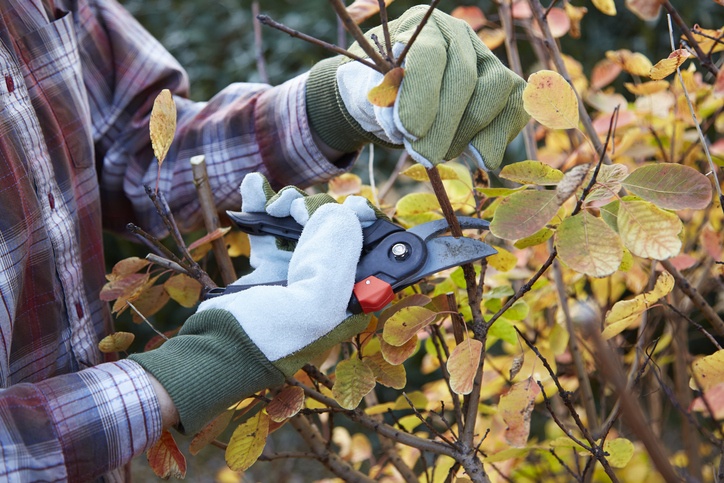Congratulations on your new garden! Whether you’ve planted fresh flowers, shrubs, or vegetables, proper care is essential to help your plants establish strong roots and flourish. With the right maintenance routine, your garden will grow healthy and beautiful for years to come. Follow these essential tips to keep your landscape thriving.
1. Watering Wisely
Proper watering is key to a successful garden, especially in the first few weeks. Here’s how to do it right:
Deep & Infrequent Watering – Water deeply 2-3 times a week rather than shallow daily watering. This encourages deep root growth.
Morning Watering – Water early in the morning to reduce evaporation and prevent fungal diseases.
Check Soil Moisture – Stick your finger into the soil; if the top 1-2 inches are dry, it’s time to water.
2. Mulching for Moisture & Weed Control
Mulch is a garden’s best friend! Applying a 2-3 inch layer of mulch around plants offers several benefits:
- Retains moisture and keeps the soil cool.
- Suppresses weeds, reducing competition for nutrients.
- Adds nutrients as organic mulch (like bark or compost) decomposes.
Tip: Keep mulch a few inches away from plant stems to prevent rot.
3. Fertilizing for Growth
Feeding your plants properly helps them establish quickly:
- Use the Right Fertilizer – Organic compost, slow-release fertilizers, or liquid plant food all provide essential nutrients.
- Follow a Schedule – Most plants need feeding every 4-6 weeks during the growing season.
- Avoid Over-Fertilizing – Too much fertilizer can burn roots and lead to weak growth.
4. Pruning & Deadheading
Regular pruning keeps your plants looking their best and encourages new growth:
- Deadhead Flowers – Remove faded blooms to promote continuous flowering.
- Trim Shrubs & Perennials – Cut back dead or damaged branches to maintain plant health.
- Pinch Vegetable Plants – Removing lower leaves and suckers on tomatoes and peppers helps boost fruit production.
5. Controlling Pests & Diseases
Healthy gardens are less prone to pests and diseases. Keep an eye out for common issues:
- Encourage Beneficial Insects – Ladybugs and bees help control pests naturally.
- Use Organic Solutions – Neem oil, insecticidal soap, and companion planting can deter harmful bugs.
- Monitor for Signs of Disease – Yellowing leaves, spots, or mildew indicate problems that need early intervention.
6. Supporting New Plants
If you’ve planted young trees or tall perennials, they may need extra support:
- Stake Trees Properly – Use soft ties and allow slight movement for trunk strength.
- Support Climbing Plants – Trellises, cages, and stakes help vines and tall flowers stay upright.
7. Seasonal Care & Long-Term Maintenance
Your garden’s needs change with the seasons. Keep up with these key tasks:
- Fall – Mulch to protect roots, plant spring bulbs, and clean up debris.
- Winter – Protect tender plants with burlap and avoid heavy pruning.
- Spring – Prune, fertilize, and plant new additions.
- Summer – Water deeply, watch for heat stress, and harvest vegetables regularly.
Enjoy Your New Garden!
Caring for your garden is a rewarding experience that brings beauty and tranquility to your space. By following these simple tips, you’ll ensure your plants grow strong and healthy for years to come.


